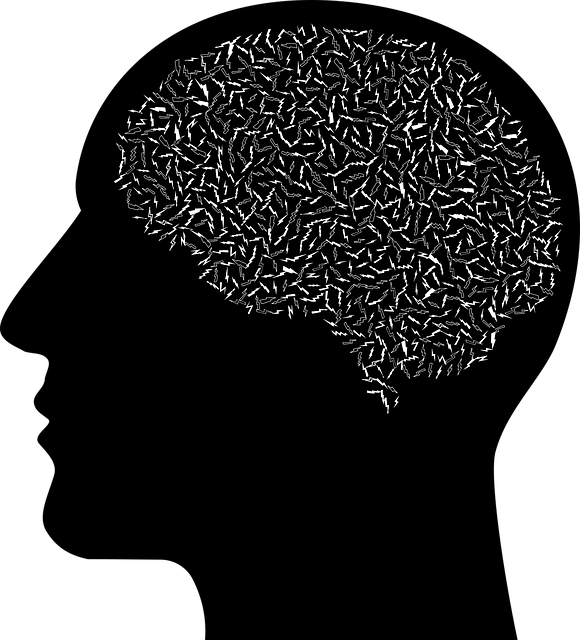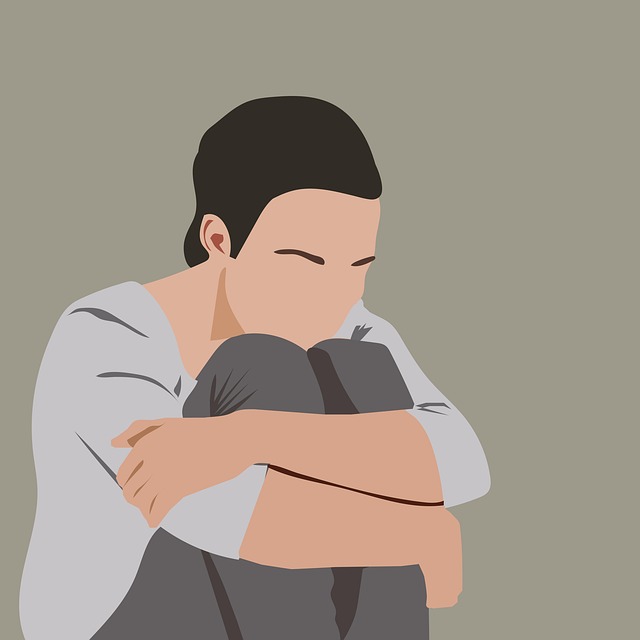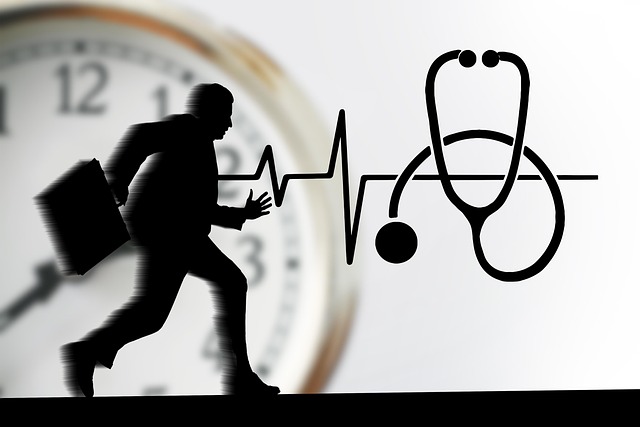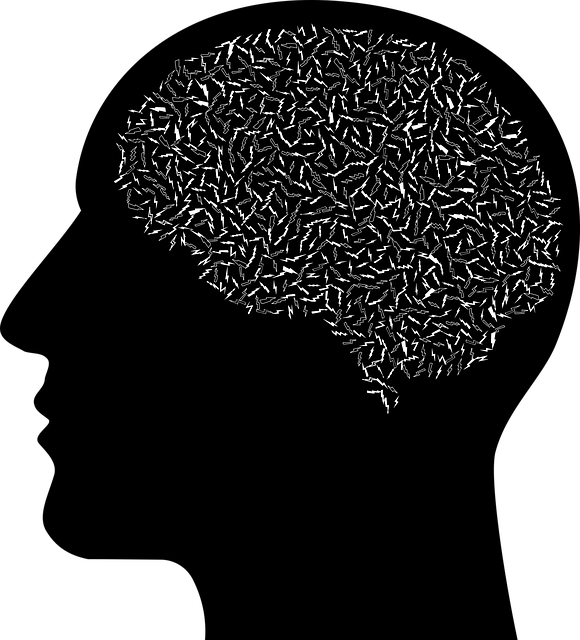Mental wellness self-assessment tools tailored to Highlands Ranch abuse survivors are vital for effective therapy and recovery. These tools encourage self-reflection, reduce stigma, and help identify unique challenges, including trauma history. Customized assessments empower survivors to access specialized therapy, track mental wellness progress, and set personal goals. Their development involves strategic implementation, continuous improvement, pilot testing, and regular updates, integrating them into education programs for early intervention and a healthier community.
Mental wellness self-assessment tools play a pivotal role in identifying and addressing psychological well-being, especially among high-risk populations. This article explores the development of such tools, focusing on a case study for Highlands Ranch Abuse Survivors Therapy (HRAST). We delve into understanding mental wellness assessments, emphasizing the significance of customized approaches for at-risk groups. The process involves creating effective self-assessment tools tailored to HRAST clients’ unique needs, ensuring accurate evaluations and targeted interventions.
- Understanding Mental Wellness Self-Assessment Tools
- The Importance of Customized Assessment for High-Risk Populations
- Developing Effective Self-Assessment Tools for Highlands Ranch Abuse Survivors
- Implementation and Continuous Improvement Strategies
Understanding Mental Wellness Self-Assessment Tools

Mental Wellness Self-Assessment Tools play a pivotal role in promoting emotional well-being and supporting individuals on their journey to recovery, especially for those who have experienced trauma, such as abuse survivors seeking therapy in Highlands Ranch. These tools are designed to help people gain a deeper understanding of their mental state, identify potential issues, and take proactive steps towards improvement. By encouraging self-reflection, these assessments can guide individuals toward appropriate support systems and interventions.
For instance, Emotional Well-being Promotion Techniques incorporated into these tools can assist in reducing the stigma associated with mental illness, fostering an environment where survivors feel comfortable discussing their feelings. Moreover, regular use of such assessments can aid in burnout prevention, a significant concern for many in demanding modern lifestyles. In the context of Highlands Ranch Abuse Survivors Therapy, self-assessment tools become valuable allies in navigating the complex path to healing and recovery.
The Importance of Customized Assessment for High-Risk Populations

High-risk populations, such as survivors of abuse in Highlands Ranch, often require tailored mental wellness self-assessment tools to address their unique needs and challenges. A one-size-fits-all approach may not effectively capture the complexities and potential triggers that these individuals face daily. Customized assessments are crucial in ensuring sensitive and accurate evaluations. By considering factors like trauma history, coping mechanisms, and specific risk factors, therapists can develop comprehensive strategies for support.
This personalized touch is vital for successful burnout prevention and effective communication strategies. Recognizing emotional intelligence as a key component, these tailored tools enable professionals to guide high-risk populations toward sustainable mental wellness. Through this approach, survivors of abuse in Highlands Ranch can receive the specialized care they deserve, fostering healing and resilience in their journey towards recovery.
Developing Effective Self-Assessment Tools for Highlands Ranch Abuse Survivors

Developing effective self-assessment tools tailored for Highlands Ranch abuse survivors is a vital step in their journey towards healing and recovery. These tools play a crucial role in helping individuals identify their mental wellness state, track progress, and access appropriate therapy or support services like those offered at local trauma support centers. By utilizing communication strategies that foster open and honest self-reflection, survivors can begin to understand the complexities of their experiences and develop coping mechanisms aligned with mind over matter principles.
Tailored assessments consider the unique challenges faced by Highlands Ranch abuse survivors, ensuring sensitive and accurate evaluations. These tools can guide individuals through introspective exercises, enabling them to recognize triggers, process emotions, and set personal goals for therapy. By promoting self-awareness, these assessments empower survivors to take control of their mental wellness, access specialized Highlands Ranch abuse therapy, and embark on a transformative path towards healing and rebuilding their lives.
Implementation and Continuous Improvement Strategies

The development of self-assessment tools for mental wellness is an ongoing process that requires strategic implementation and continuous improvement. Once created, these tools should be pilot-tested with a diverse group of users to gather valuable feedback and make necessary adjustments. This iterative approach ensures the tool remains relevant and effective in addressing the evolving needs of individuals seeking support, particularly those who have experienced trauma like abuse survivors in Highlands Ranch.
Regular updates and revisions are essential to incorporate new research findings, cultural sensitivities, and technological advancements. Implementing communication strategies that involve both users and mental health professionals can facilitate a better understanding of tool limitations and potential enhancements. Moreover, integrating these self-assessment tools into Depression Prevention and Mental Health Education Programs Design can help in early identification of mental health issues and encourage individuals to seek timely intervention, fostering a healthier community environment in Highlands Ranch and beyond.
Mental wellness self-assessment tools play a pivotal role in personalized therapy for high-risk populations, such as Highlands Ranch abuse survivors. By tailoring these assessments to specific needs, we can enhance therapeutic outcomes and foster resilience. Implementation strategies that prioritize continuous improvement ensure these tools remain effective and relevant, ultimately empowering individuals on their journey towards mental wellness and recovery. For Highlands Ranch abuse survivors, access to customized self-assessment tools is a vital step in healing and rebuilding lives.














